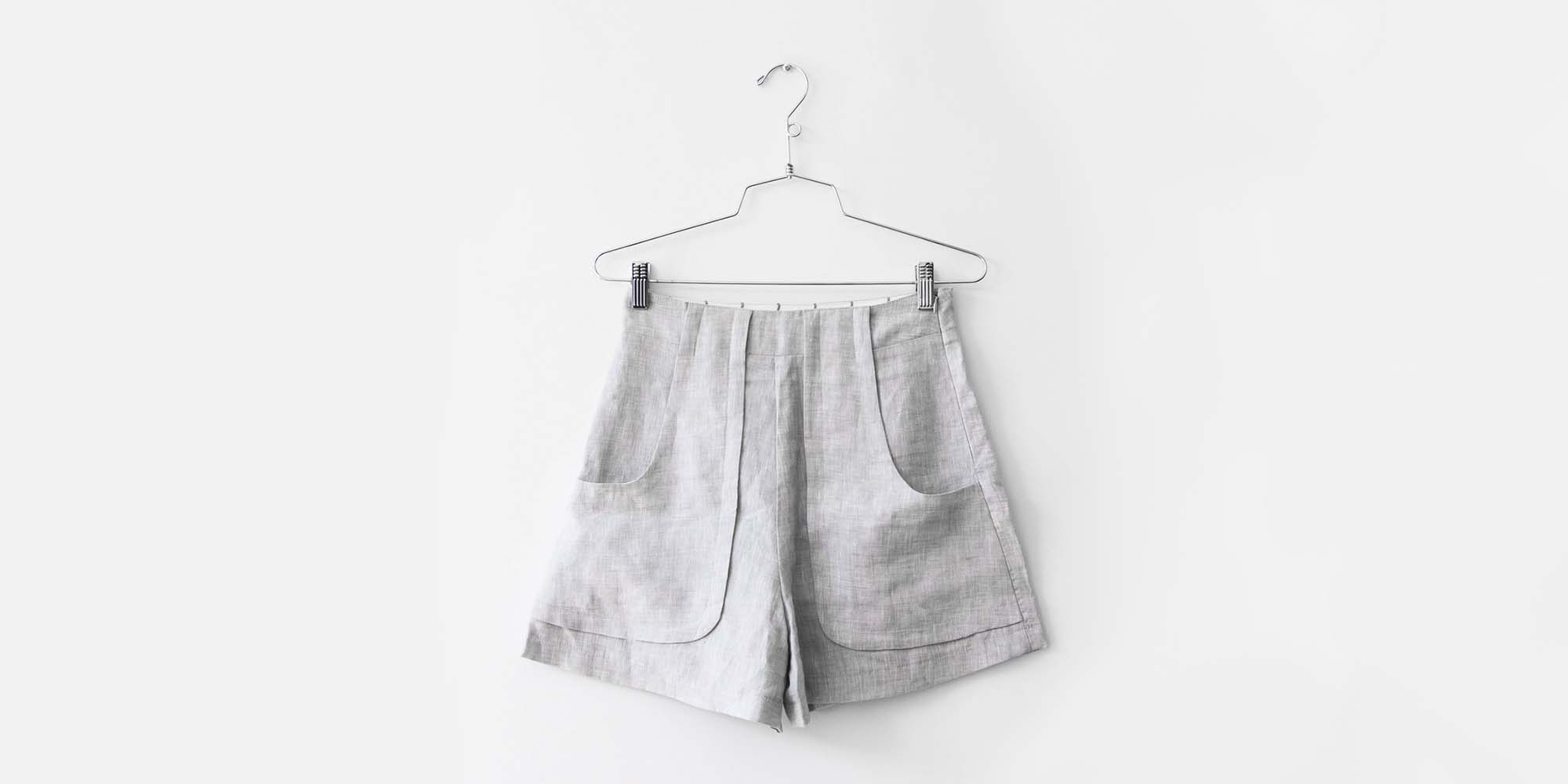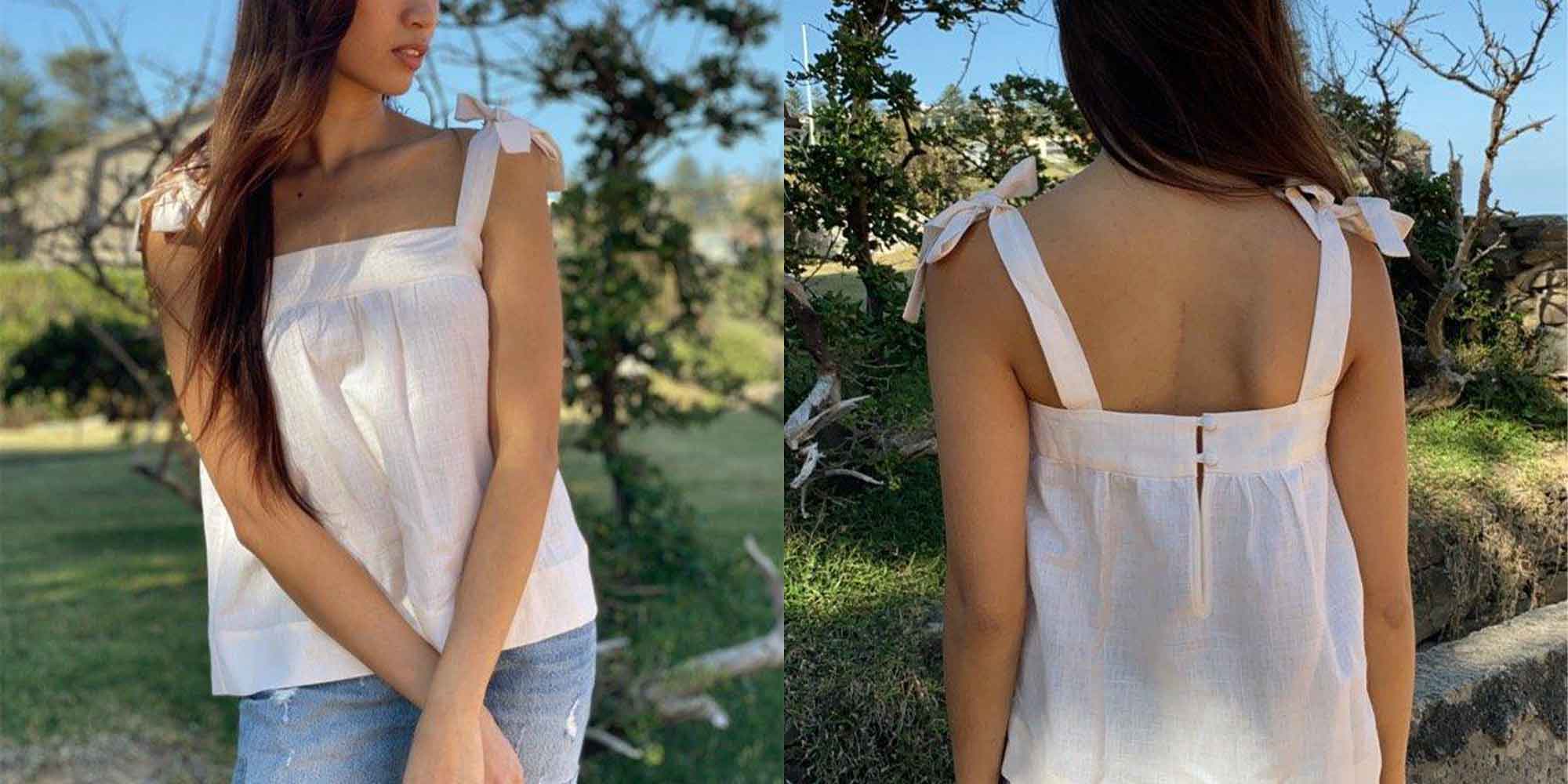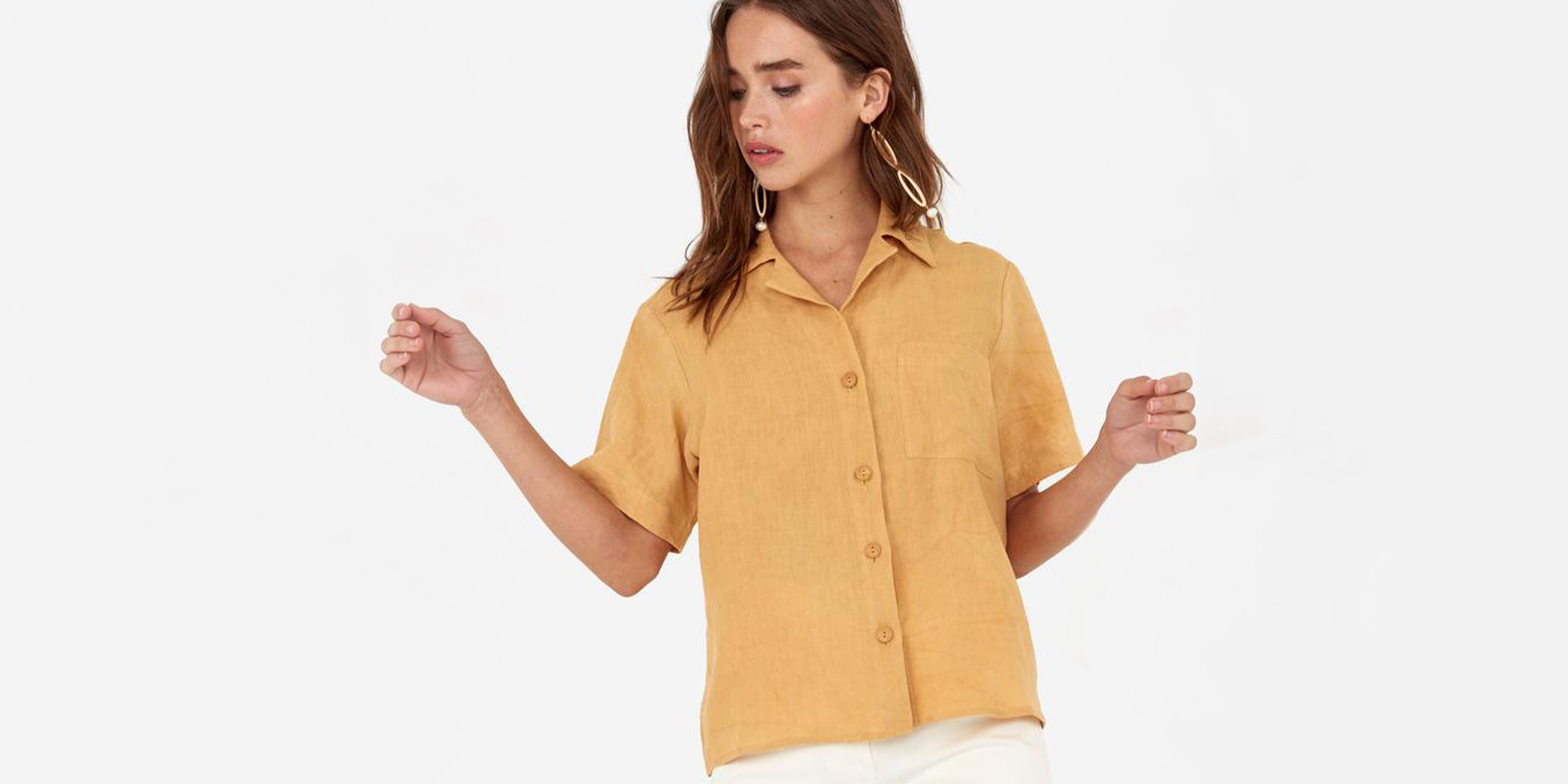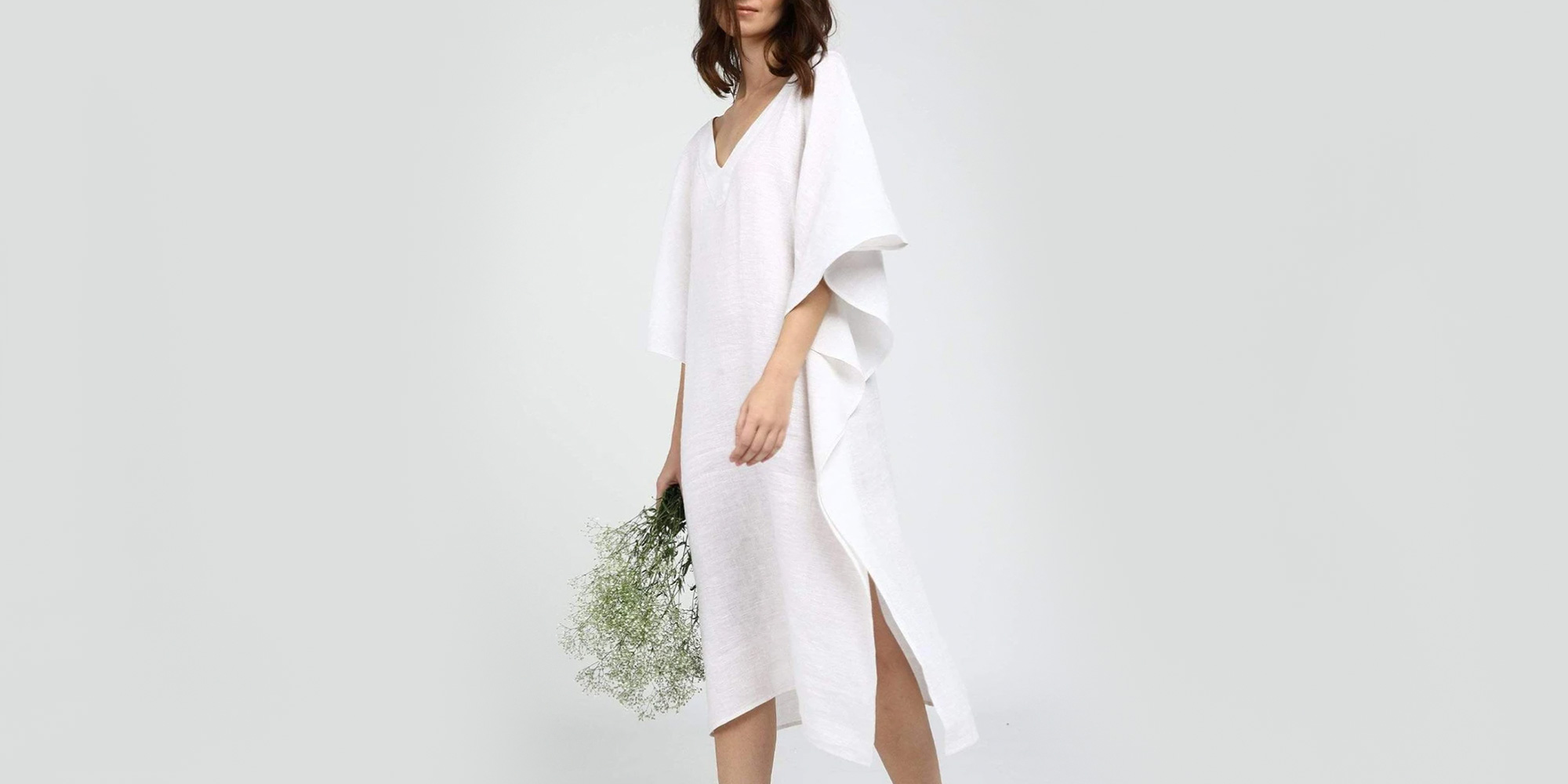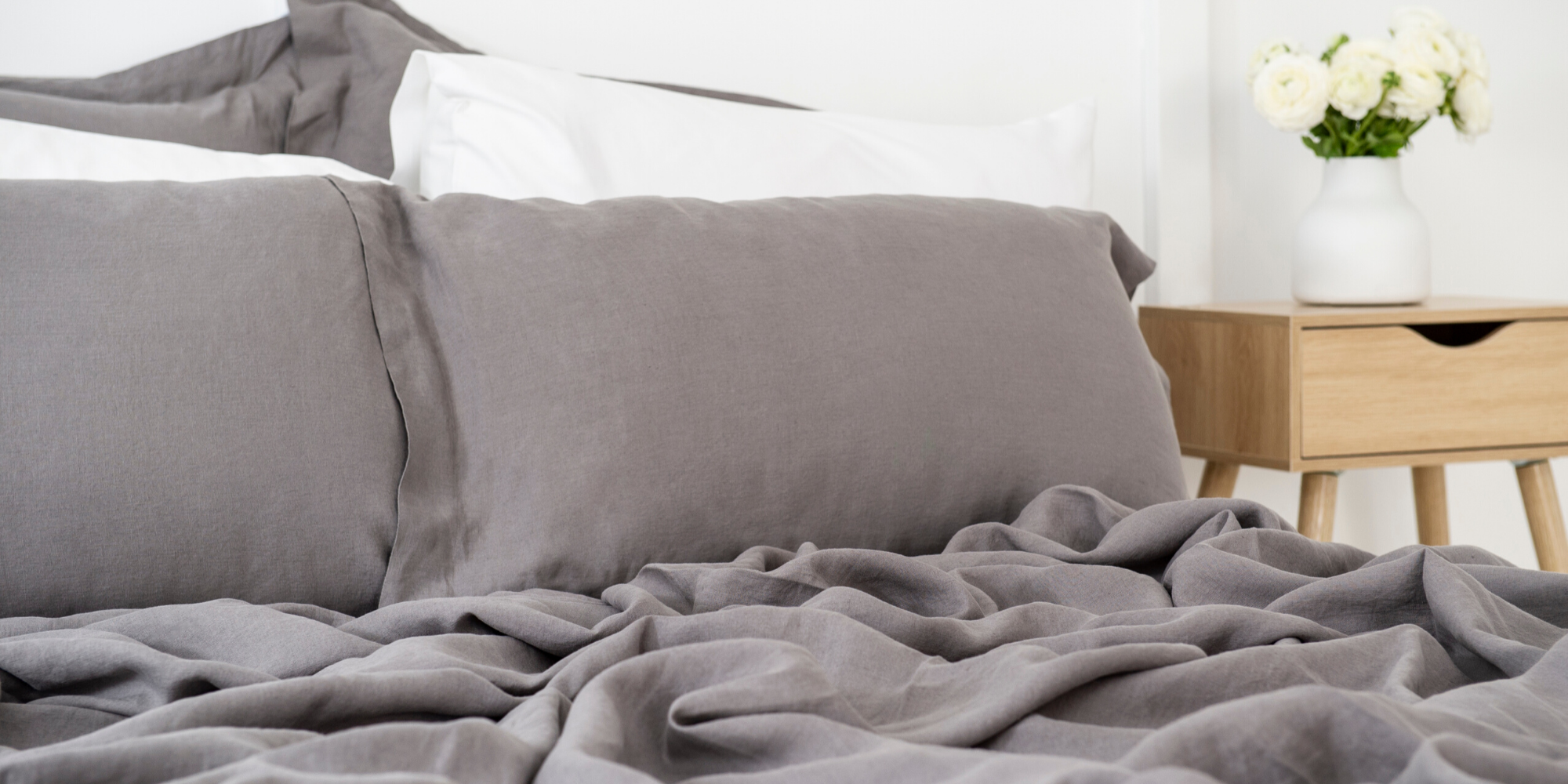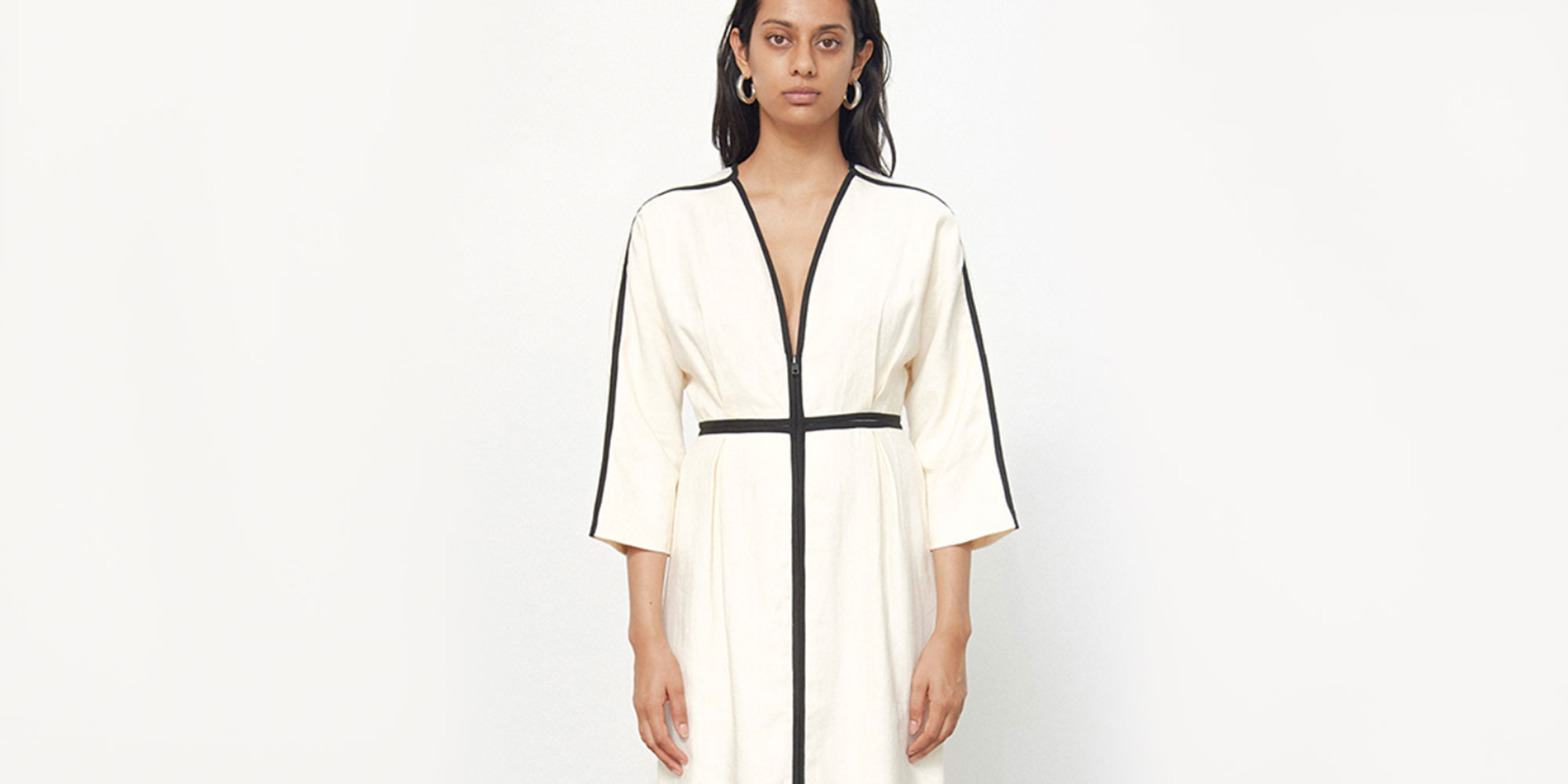Linen. It’s the luxurious fabric you want to wear every time summer rolls around, or spread across your bed year-round. But the big question remains: how sustainable is linen? Rest assured, we have some interesting news for #linenlovers.
The pros of linen
Linen is one of the most biodegradable and stylish fabrics in fashion history. It is strong, naturally moth resistant, and made from flax plant fibres, so when untreated (i.e. not dyed) it is fully biodegradable. Its natural colours include ivory, ecru, tan, and grey.
Linen can withstand high temperatures—making the fabric generally perfect for raiding the jungle or lounging on a tropical island. It absorbs moisture without holding bacteria. In fact, it is actually stronger when wet than dry and becomes softer and more pliable the more it is washed. It just gets better and better!
Linen is older than you think
All these characteristics have lead many European cultures to form traditions of handing down linen bed sheets as heirlooms. Unlike cotton, linen that’s been well cared for can last for up to three decades! It’s one of the oldest fibres known, dating back to 8000BC. The Egyptians used it as currency, and it formed an integral part of the mummifying process. At one point it was even used in a form of battle armour called Linothorax!
Versatility
Linen is used in a variety of ways, its sturdiness making it ideal for upholstery and industrial products. Curtains, tablecloths, bed sheets, and tea towels are all common linen items found in the home. Linen has also been used as canvas for oil paintings, by artisan bakers, and even as part of the material that makes up the American dollar bill! In contrast, linen can also be woven to a soft and breezy finish, making it ideal for your summer wardrobe.
The earth friendly flax plant
Flax, the plant from which linen is made, is also extremely versatile. Every part of the flax plant has traditionally been used to create a worthwhile product—nothing is wasted, and production is cost effective. A common by-product of flax is linseed oil, which is great for wood preservation, especially in varnishes, and flaxseed oil is also rich in omega 3! Flax is resilient and can grow in poor soil, using far less water in its consumption than cotton. According to the European Confederation of Linen and Hemp, “Across its lifecycle, a linen shirt uses 6.4 litres of water” compared to 2,700 litres for a cotton shirt.
The United Nations Food and Agriculture Organisation state that flax uses 13 times less pesticides than potatoes, but is only approximately 1% of the world’s apparel fibre consumption. Why is this so, you ask? Linen has so many good points!
The Truth About Thread Count explains:
Because of the laborious time it takes to produce linen yarn, and the manual processes that have to be undertaken, linen has become a higher-priced commodity and considered among many to be a ‘luxury’ fabric.
The cons of linen garments
Linen can be so crinkly! Sometimes all you have to do is look at it, and it crinkles. Ironing vigilance is necessary unless you decide to embrace the rumpled look with blasé confidence, which can also work. However, you should be aware that a constant creasing in the same areas can lead to tearing in the material, and colour fading.
Because of the dense nature of the fibre, to get a pure white linen, it has to go through a heavy bleaching process. Sticking to its natural-toned hues will ensure a more environmentally friendly garment afterlife.
Dyes can also be problematic: if you buy non-organic linen, there is no guarantee that no harmful dyes have been used.
Although we said earlier that linen doesn’t need much fertiliser or pesticides, it doesn’t mean it’s never used. In fact, most non-organic flax is grown using nitrates. Excess nitrates can get into water streams and harm our ecosystems. On the pesticides front, linen usually needs less than other crops, but again, unless the linen brand or product is certified organic (the good news is that the Global Organic Textile Standard (GOTS) also applies to linen), there’s no guarantee no harmful pesticides have been used.
In short, if you want to invest in sustainable linen, look for organic certifications or for brands that trace the product all the way back to the crop.
We love linen
Linen wins because it’s durable, can be more sustainable than most other materials, and it makes you feel like you’re on a yacht in the Mediterranean when you’re wearing it.
Time to invest in some linen?
These brands have some great sustainable linen worth checking out.


